

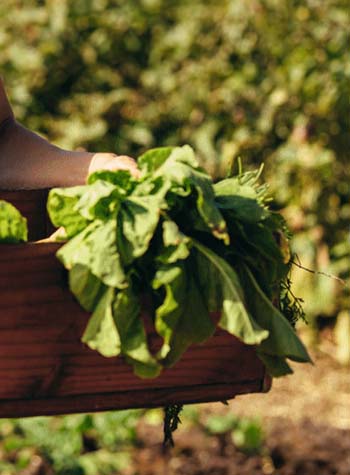


Green Living Tips
Explore easy ways you can live a more earth-friendly lifestyle. Go ahead and get your green on.
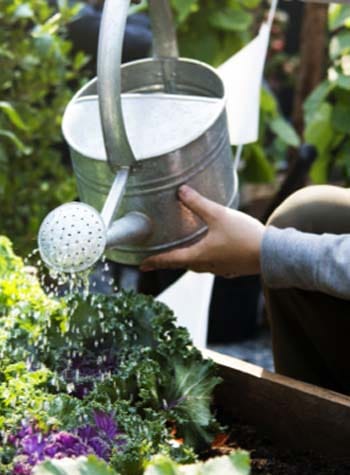

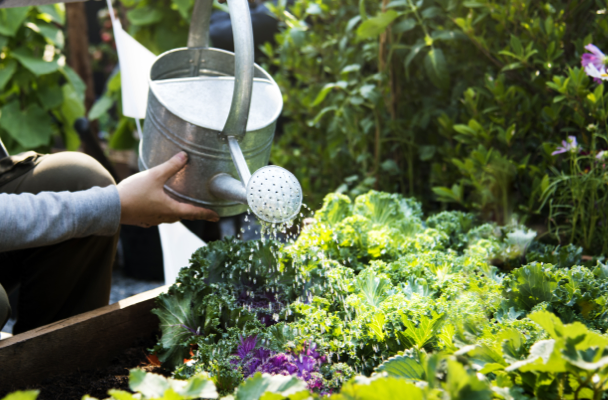
Eco-friendly gardening
Go ahead and cultivate a beautiful, enjoyable outdoor space at home! But as you do, make some slight changes to the way you tend to your green spaces. Then, you’ll get a double dose of satisfaction: one from admiring your amazing landscaping, and another from knowing you did it using sustainable solutions.
Check out our eco-friendly tips for gardening, like using natural pest control, applying organic fertilizers, watering responsibly and more!


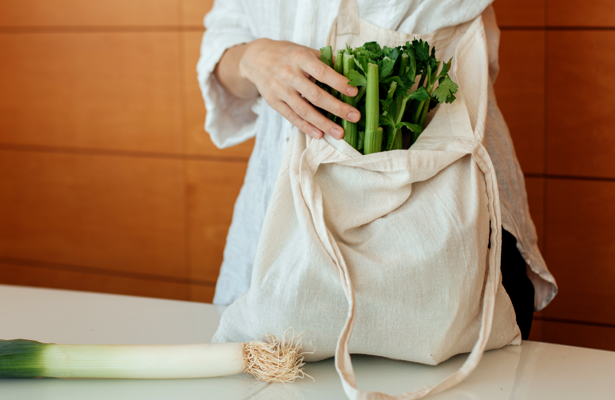
Eco-friendly shopping
Ever notice how many things aren’t built to last anymore? Whether it’s home décor, toys, furniture, clothes or technology, let’s face it: there are a lot of cheap and disposable goods out there. And that’s certainly not benefiting our planet.
To become a more eco-friendly shopper, seek out quality over quantity. Bonus: buying less means fewer items will end up in the landfill later on.
Even the little things can add up: make your shopping trip more eco-friendly by simply swapping bottled water and disposable plastic bags with reusable thermoses and totes.
Want more tips? Read on!



Eco-friendly kitchen
In many homes, the kitchen sees more traffic than any other room. Keep yours green by making sure your large appliances are operating at maximum efficiency. If you’re in the market for a new fridge, oven or dishwasher, check out ENERGY STAR®-certified products. They’re built for energy efficiency, meaning you’ll conserve electricity.
Another aspect to greening up your kitchen involves using nontoxic or plant-based cleaners. If you’re feeling adventurous or frugal (or both), you can even make your own! Water, vinegar, baking soda, lemon … the planet has given us a treasure trove of all-natural and inexpensive eco-friendly alternatives to harsh chemicals.
Get inspired with some more ideas here.


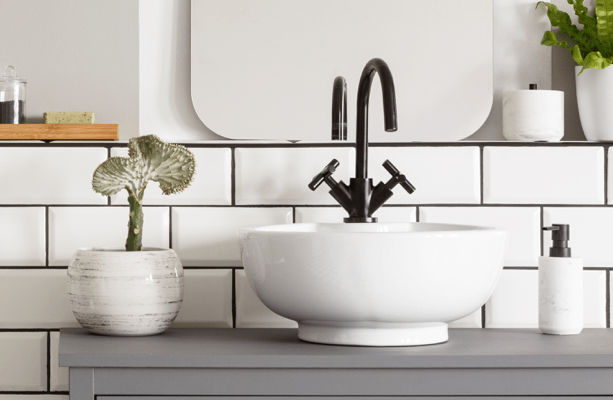
Eco-friendly bathroom
Yes, even your bathroom can become more environmentally friendly! Since we use so much water in the bathroom—flushing toilets, washing hands and taking showers or baths—let’s focus on water conservation in this room.
From quick installations and fixing leaky faucets to just plain shorter or less frequent showers, it’s easy for the whole family to cut back on water consumption. You can even track your progress by comparing your water bills.
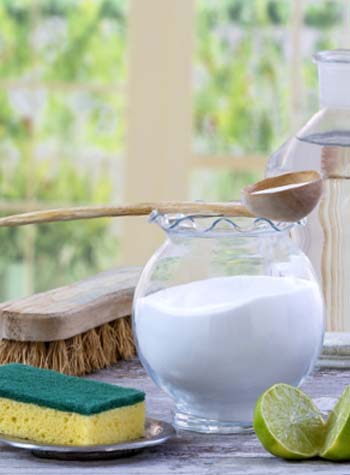

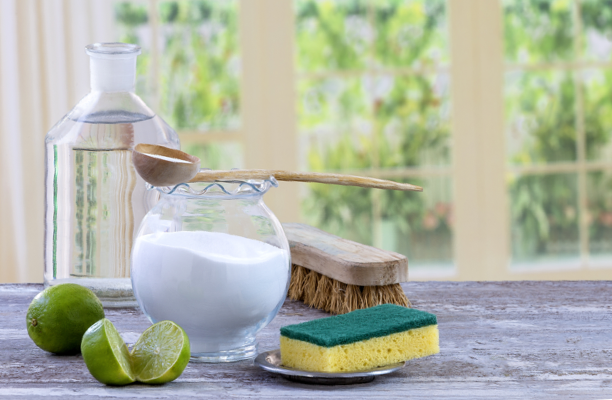
Eco-friendly home
To be more eco-friendly at home, simply take a look at your daily activities, habits and household items.
Going screen-free for an afternoon or weekend is a great way to unplug all electronics and cut back on electricity consumption. It can also lead to rediscovering simple pleasures like taking a walk, playing a board game, reading or gardening.
Natural cleaning products also play a huge role in maintaining an eco-friendly home.
Ready to get started?



Eco-friendly office
Green living isn’t just confined to your home. When you’re at work, look for ways to reduce waste. For paper, that means using less of it, receiving less of it and recycling all of it when you’re done. For food, try replacing disposable meal and drink containers with reusable items. And for around the office, invest in rechargeable batteries and reusable supplies.
Don’t be afraid to take the initiative where you work, especially when it makes sense both economically and environmentally!
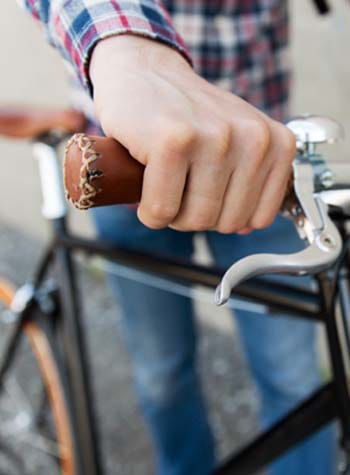


Eco-friendly travel
Whenever possible, walk or bike to your destination for the most sustainable way to travel. Of course, this won’t always be an option, so it’s important to make smart choices when it comes to travel by car, bus or plane. Carpooling, routine auto maintenance and taking more efficient routes will help to reduce CO2 emissions.
Discover more ways to lower your carbon footprint while you’re on the go.
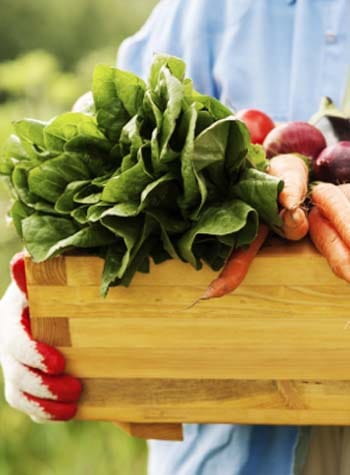

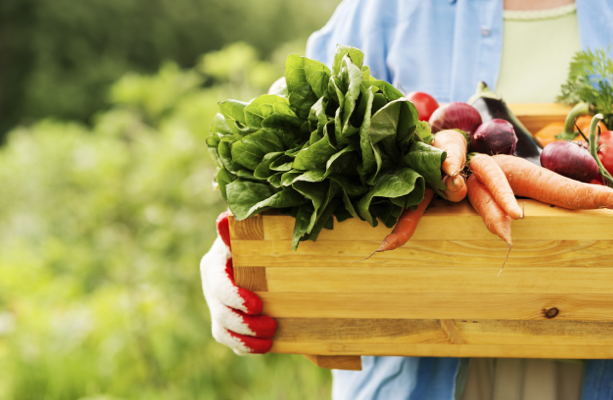
Eco-friendly food
Food—who doesn’t love a good meal? Making eco-conscious choices when it comes to your food can make a good meal even more delicious, in addition to helping protect the planet. Locally grown, organic food usually tastes better than food that has traveled thousands of miles to get to your plate and/or was treated with chemical pesticides. So next time you’re feeling hungry, see what goodies you can find at your local farmer’s market—or start a garden of your very own!
Learn more about how to be an eco-foodie.
Choose clean, renewable energy
to green up your workspace.
Our customers have avoided
pounds of CO2
That’s like planting
new trees.